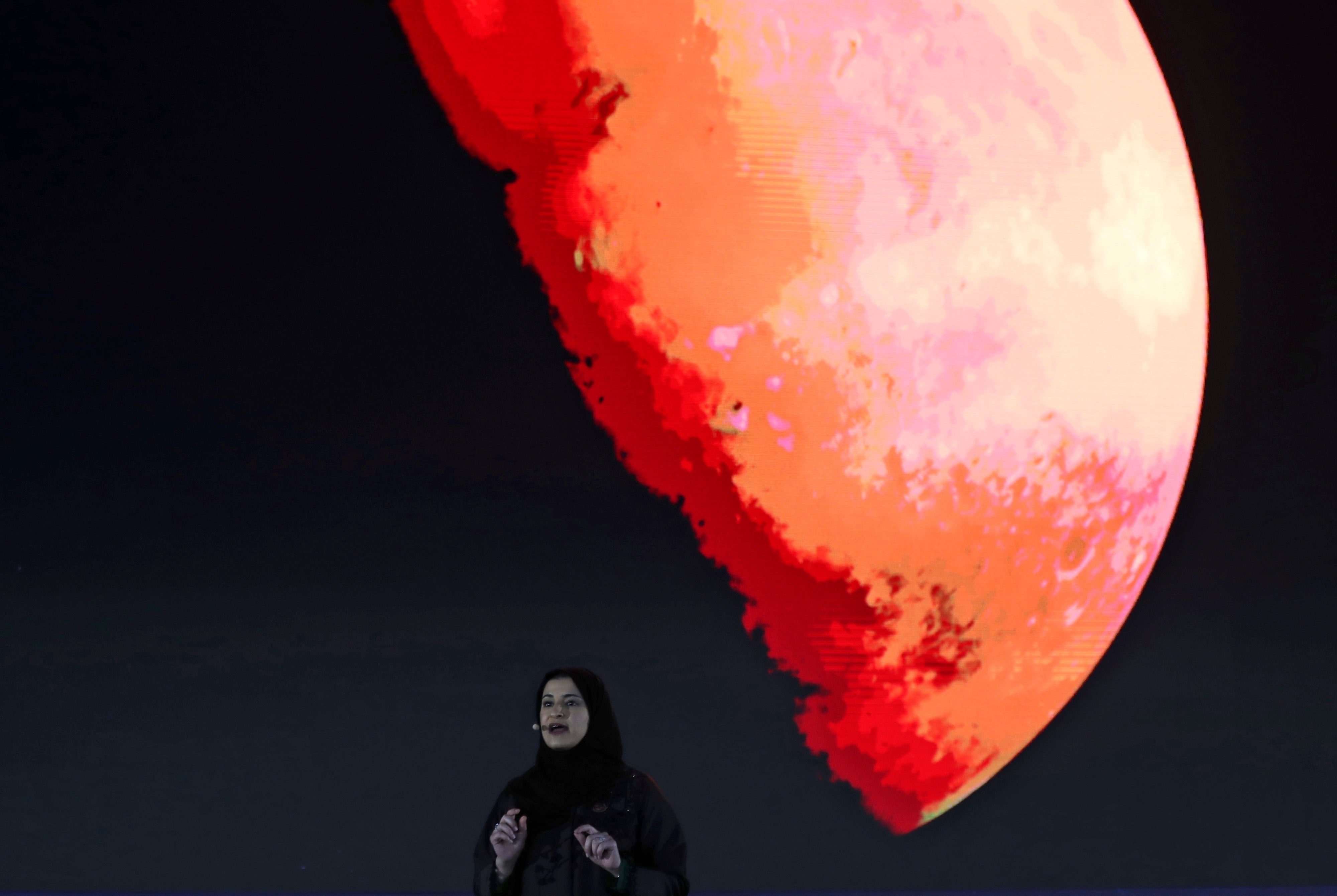UAE will shoot an asteroid probe around Venus to unlock the origins of the universe
The Hope probe will land on an asteroid between Mars and Jupiter to collect vital data

Your support helps us to tell the story
From reproductive rights to climate change to Big Tech, The Independent is on the ground when the story is developing. Whether it's investigating the financials of Elon Musk's pro-Trump PAC or producing our latest documentary, 'The A Word', which shines a light on the American women fighting for reproductive rights, we know how important it is to parse out the facts from the messaging.
At such a critical moment in US history, we need reporters on the ground. Your donation allows us to keep sending journalists to speak to both sides of the story.
The Independent is trusted by Americans across the entire political spectrum. And unlike many other quality news outlets, we choose not to lock Americans out of our reporting and analysis with paywalls. We believe quality journalism should be available to everyone, paid for by those who can afford it.
Your support makes all the difference.The United Arab Emirates on Tuesday announced plans to send a probe to land on an asteroid between Mars and Jupiter to collect data on the origins of the universe.
The project is set to launch in 2028 and will land in 2033, during which the spacecraft will travel some 3.6 billion kilometres (2.2 billion miles) to study seven main belt asteroids.
The spacecraft will perform gravity assist manoeuvres by orbiting first Venus and then Earth in order to build up the velocity required to reach the asteroid belt. This makes designing the craft different from other outer-space objects, as it requires substantial thermal protection and high levels of insulation.
As it will be further from the Sun - 448 million kilometres - it will also have to rely on minimal levels of solar energy.
The project comes after the Emirates successfully put its Amal, or “Hope,” probe in orbit around Mars in February. The car-size Amal cost $200 million to build and launch. That excludes operating costs at Mars.
The Emirates plans to send an unmanned spacecraft to the moon in 2024. The country, which is home to Abu Dhabi and Dubai also has set the ambitious goal to build a human colony on Mars by 2117.
As well as the UAE, both Nasa and China’s National Space Science Centre are sending missions to other asteroids.
Nasa officially began the final assembly of its Psyche spacecraft in April this year, which will explore an asteroid of the same name worth $10 quintillion.
It is also set to send a craft to Jupiter’s Trojan asteroids to examine the remnants of primordial matter that formed the outer planets, gaining more information about how our solar system was formed.
China, meanwhile, is planning to send 23 Long March 5 rockets, which weigh 900 tonnes each, to the 78 billion kilogram asteroid Bennu, which has a 1-in-2700 change of striking the Earth between 2175 and 2199.
Additional reporting by Associated Press